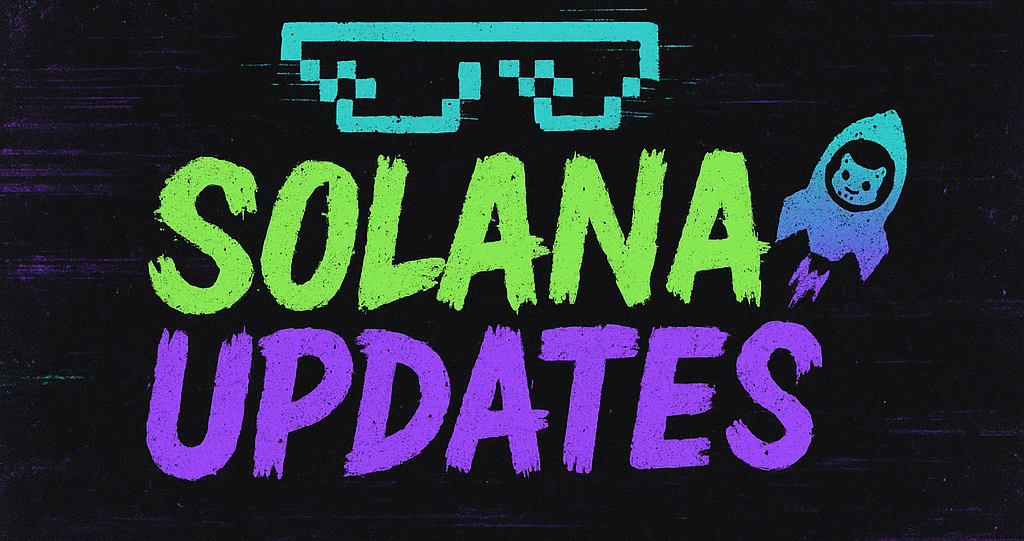Navigating Uncharted Waters: The Ongoing Debate Over DeFi Regulation
The decentralized finance (DeFi) sector, a cornerstone of the cryptocurrency revolution, is now at the heart of a heated debate over regulatory frameworks. As governments worldwide struggle to keep pace with rapid technological advances, a proposed regulatory framework aims to bring order to the burgeoning DeFi landscape. However, this proposal has sparked significant concern among industry stakeholders.
DeFi, an innovative offshoot of the broader crypto market, allows users to engage in financial transactions without the need for traditional banks. Through smart contracts and blockchain technology, DeFi platforms offer services such as lending, borrowing, and trading — all while ostensibly sidestepping the regulatory constraints that govern conventional finance.
However, the very nature of DeFi, characterized by its lack of central oversight and its reliance on algorithms, poses unique challenges for regulators aiming to protect investors and maintain market integrity. The proposed framework seeks to address these challenges by introducing a set of guidelines designed to ensure transparency, prevent fraud, and mitigate systemic risk in the DeFi ecosystem.
Industry Concerns and Reactions
The proposed regulations have provoked a strong reaction from the DeFi community. Critics argue that the introduction of traditional regulatory measures could stifle innovation and undermine the foundational principles of decentralization. They contend that the proposed framework, if enacted, might impose burdensome compliance costs on smaller DeFi startups, potentially leading to market consolidation and a reduction in competition.
Moreover, there is apprehension about the feasibility of enforcing such regulations in a decentralized environment. With DeFi platforms often operated by anonymous developers spread across the globe, questions remain about how regulatory authorities can effectively monitor and enforce compliance.
Balancing Innovation with Regulation
Proponents of the proposed framework, however, argue that regulation is necessary to legitimize the DeFi sector and protect investors from fraud and exploitation. They highlight the potential for DeFi to revolutionize finance by increasing accessibility and reducing costs, but caution that unchecked growth could lead to significant financial instability.
In this context, the challenge for regulators is to strike a balance between fostering innovation and ensuring safety and stability. Some industry insiders propose a collaborative approach, where regulators work closely with DeFi developers to create a flexible yet robust regulatory environment that accommodates the unique characteristics of decentralized finance.
The Path Forward
As negotiations over the proposed regulatory framework continue, the future of DeFi remains uncertain. However, the discourse itself is a testament to the sector’s growing significance in the global financial landscape. As stakeholders from all sides engage in dialogue, the hope is to arrive at a consensus that empowers innovation while safeguarding against its potential pitfalls.
Ultimately, the outcome of these negotiations could set a precedent for how emerging technologies are regulated in the digital age. Whether the solution lies in adapting existing regulatory frameworks or developing entirely new ones, the resolution of this debate will have far-reaching implications for the future of finance.
🛒 Recommended Product: Check out top-rated crypto gear on Amazon


